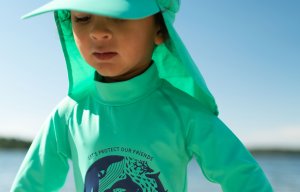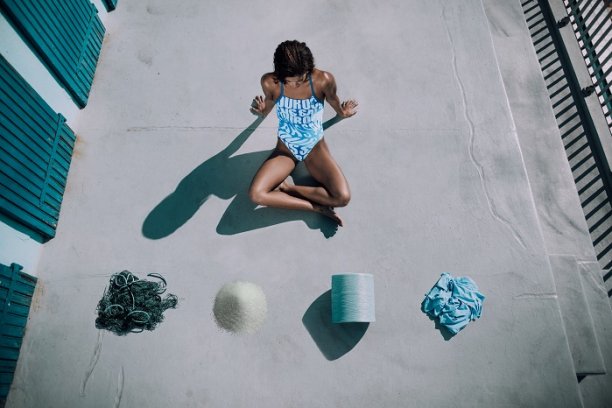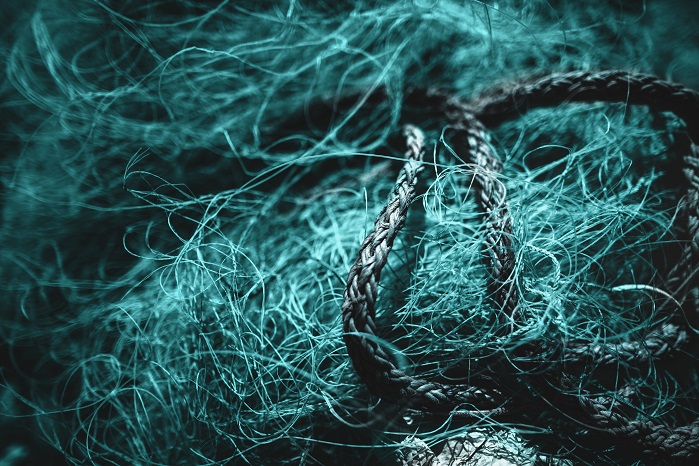
Econyl collection from Isbjörn
adidas has announced a partnership with Aquafil to use the company’s 100% regenerated Econyl fibre in its new swim range.

18th May 2017
Innovation in Textiles
|
US
Sportswear brand adidas has announced a partnership with Aquafil, a leading producer of Nylon 6 for carpets and apparel, to use the company’s 100% regenerated Econyl fibre in the Spring/Summer 2017 Parley Hero swim range.
The regenerated waste still offers the same qualities as materials usually found in wider swim apparel. The garments are durable, lightweight and breathable but with the additional environmental benefits of using regenerated waste, the company reports.
Once collected, pre- and post-consumer Nylon waste material – fishing nets, discarded carpets, plastic components, fabrics scraps – goes through the Econyl Regeneration System. Products are then finished with adidas’ unique Infinitex+ Pulse and flat lock seams, enabling the range to be 100% chlorine resistant for training support and the high level of comfort.
In 2015, the leading sportswear brand celebrated its partnership with Parley for the Oceans at the UN headquarters and showcased an innovative footwear concept developed as part of this collaboration. Parley for the Oceans is an organisation that raises awareness about the state of the oceans and to collaborate on projects that can protect and conserve them.
Adidas created a shoe upper made entirely of yarns and filaments reclaimed and recycled from ocean waste and illegal deep-sea gillnets. Parley partner organisation Sea Shepherd retrieved the nets after a 110-day expedition tracking an illegal poaching vessel, which culminated off the coast of West Africa.
Since 1969, an Italy based company, Aquafil has been one of the leading players in the production of polyamide 6. The Aquafil Group has a presence in eight countries on three continents, employing more than 2,700 staff at 16 plants located in Italy, Germany, Scotland, Slovenia, Croatia, the USA, Thailand and China.

Made from 100% upcycled nylon waste materials, Econyl is said to be suitable for creating high-quality garments that are durable, lightweight, breathable and environmentally friendly. Econyl is said to offer the same quality and performance as traditionally manufactured nylon and can be recycled an infinite number of times without any loss in quality, according to the manufacturer.
This programme has been created by Aquafil. Once collected, the waste goes through the Econyl Regeneration System, which includes environmentally friendly methods to turn waste into high-performance swim apparel.
“The Econyl Regeneration System relies on depolymerisation – a chemical process that “un-zips” the Nylon 6 molecules, transforming waste back into raw materials. These raw materials can then be transformed back into new Nylon 6 polymers which are identical to the ones made from fossil fuels,” explained Giulio Bonazzi, President of Aquafil.
“We think this process is one of the best examples of the circular economy in action, because it can be repeated an infinite number of times, without decreasing the quality of the materials.”
Further reading

Business intelligence for the fibre, textiles and apparel industries: technologies, innovations, markets, investments, trade policy, sourcing, strategy...
Find out more